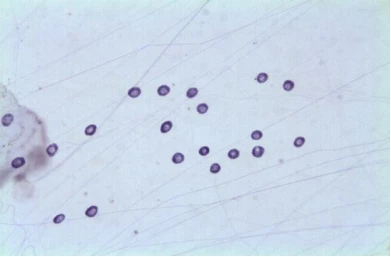Studies have shown that immune cells from mast cells seem to play an important role in animal behavior

Studies have shown that immune cells from mast cells seem to play an important role in animal behavior

Copyright © iCell Bioscience Inc, Shanghai 2018-2019
In a new study, researchers from the University of Maryland School of Medicine and Ohio State University found that immune cells called mast cells, often overlooked by neuroscientists, seem to be determining animal sexual behavior. It plays an important role.

To better understand the role of mast cells in the brain in sexual behavior, the researchers silenced the mast cells in the male rat's fetus and then observed the development of these animals.
The researchers paired one of these male rats with a female rat that was mated and observed whether the male rat had sexual activity with the female rat and whether it was this one. Male rats are more active in sexual behavior. They found that these experimental male rats were far less interested in female rats than normal rats, and their behavior was almost similar to that in female rats. They also manipulated newborn female rats to activate mast cells in their brains with a stimulating chemical. By adulthood, they behave like male rats.
These researchers found that estrogen (which plays a major role in the development of male characteristics in rats) activates mast cells in the brain, and these mast cells promote sexual development in rats.
Although scientists know that gender differences are shaped by hormones during early development, they have limited information about changes in cell levels that promote brain and sexual behavior.
Researchers are interested in the underlying mechanisms that promote brain development and gender-specific brain development, and the study found that mast cells play a key role in immune cells involved in allergic reactions.
Previous research by these researchers revealed the role of another brain cell called microglia in guiding behavioral behavior. In this new study, they found that mast cells activate these microglia.
In addition to the behavioral changes documented in this study, these researchers also studied changes in cell levels. New female rats given a dose of estrogen have an increased number of mast cells in the brain. These mast cells release histamine that stimulates other brain cells (ie, microglia), and these activated microglia promote the formation of typical brain patterns in males.
 Loading ....
Loading ....
